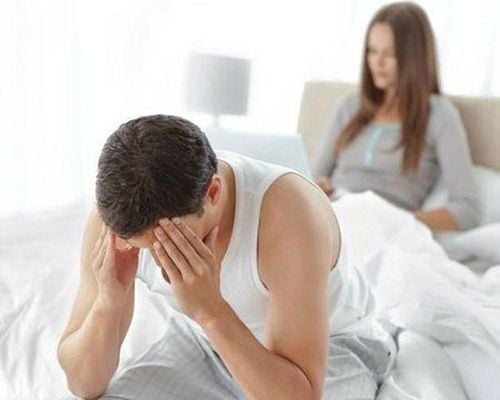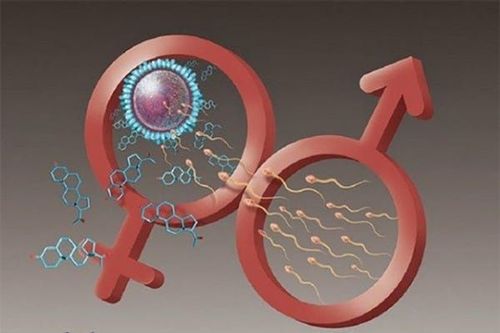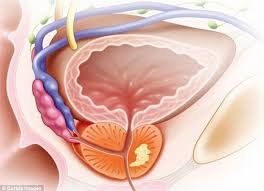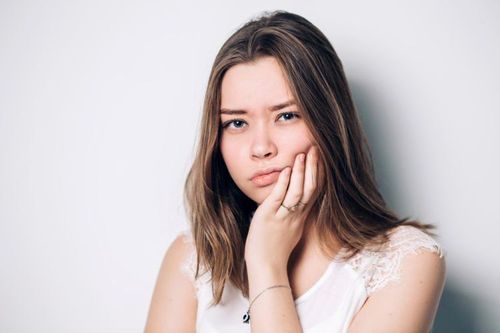This article was professionally consulted by Master, Doctor Vo Thien Ngon - Urologist, Department of General Surgery, Vinmec Da Nang International General Hospital.
How long it takes for orchitis to heal after mumps depends on the patient's condition, the time and treatment method, usually the symptoms only last from 2 to 4 days and then disappear.
1. Orchitis after mumps
Mumps is a benign disease that can be completely cured within about 10 days from the onset (not including the incubation period). However, the recovery time can be shortened to about 7 days if the patient is treated effectively and promptly. On the contrary, if not treated properly, the patient is very susceptible to dangerous health complications, especially mumps orchitis and the possibility of infertility.
Usually, orchitis after mumps occurs on one side, only about 3 - 7% of cases are bilateral. The disease is common in adolescents during puberty, with an incidence rate of about 30%. Therefore, if parents notice that their children have mumps and even if they have been treated, they should still pay attention to the signs of orchitis. Accordingly, the baby's scrotum is swollen, red and hot, causing very uncomfortable pain, especially during strenuous activities such as running, cycling,...
2. How long does it take to recover from mumps orchitis?
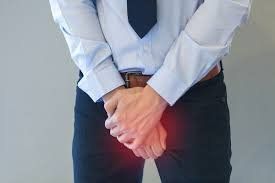
The complications of mumps orchitis depend on the patient's condition, the time of treatment, and the treatment method. When suffering from mumps orchitis, one testicle usually swells and causes pain for 2 to 4 days and then begins to deflate.
The feeling of pain in the testicle after mumps may be due to the recovery process after the testicle is inflamed. Patients should not worry too much, because if treated properly, the rate of post-inflammation testicular atrophy and infertility due to complications from mumps is very rare.
Patients can monitor the progress of recovery from mumps orchitis by talking to their doctor to plan to monitor testicular function after treatment based on hormone concentration tests and semen analysis. These are two important functional parameters of the testicles. Through examination and ultrasound, the doctor can detect whether the testicles are reduced in size or not. From there, the patient will receive medical intervention related to andrology or urology if necessary.
3. Support treatment of mumps orchitis
When suffering from mumps orchitis, the patient should wear underwear to lift the testicles up, helping to reduce tension and pain. The patient should rest in bed, avoid too much movement, especially avoid activities such as cycling, jogging... because it will cause more serious damage to the testicles, the blood vessels in the testicles and seminiferous tubules are severely damaged, leading to the risk of testicular atrophy (about 30 - 40% of patients have testicular atrophy after 2 - 6 years of illness). However, the possibility of infertility is very rare even with bilateral testicular atrophy.
4. Prevention of mumps and orchitis complications
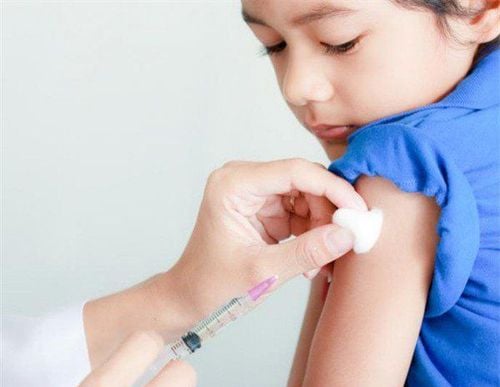
To avoid mumps and orchitis complications, parents should vaccinate their boys against mumps early. Mumps vaccine is indicated for children to be vaccinated against mumps periodically and urgently. Vaccination is periodically carried out twice, when the child is 12 - 15 months old and until 6 years old (in cases where there is no history of mumps). The interval between the first vaccination and the booster dose is not less than 6 months.
Emergency vaccination is indicated for children 12 months of age and older, adolescents and adults who have been in contact with a patient with mumps but have not had the disease themselves and have not been vaccinated according to the mumps vaccination schedule. In the absence of contraindications, the mumps vaccine should be administered no later than 72 hours after contact with the patient.
When signs of orchitis after mumps are detected, the child should be taken to the hospital for examination by a specialist and effective treatment, while helping to shorten the child's recovery time and minimize complications that are harmful to health and fertility.
To arrange an appointment, please call HOTLINE or make your reservation directly HERE. You may also download the MyVinmec app to schedule appointments faster and manage your reservations more conveniently.

